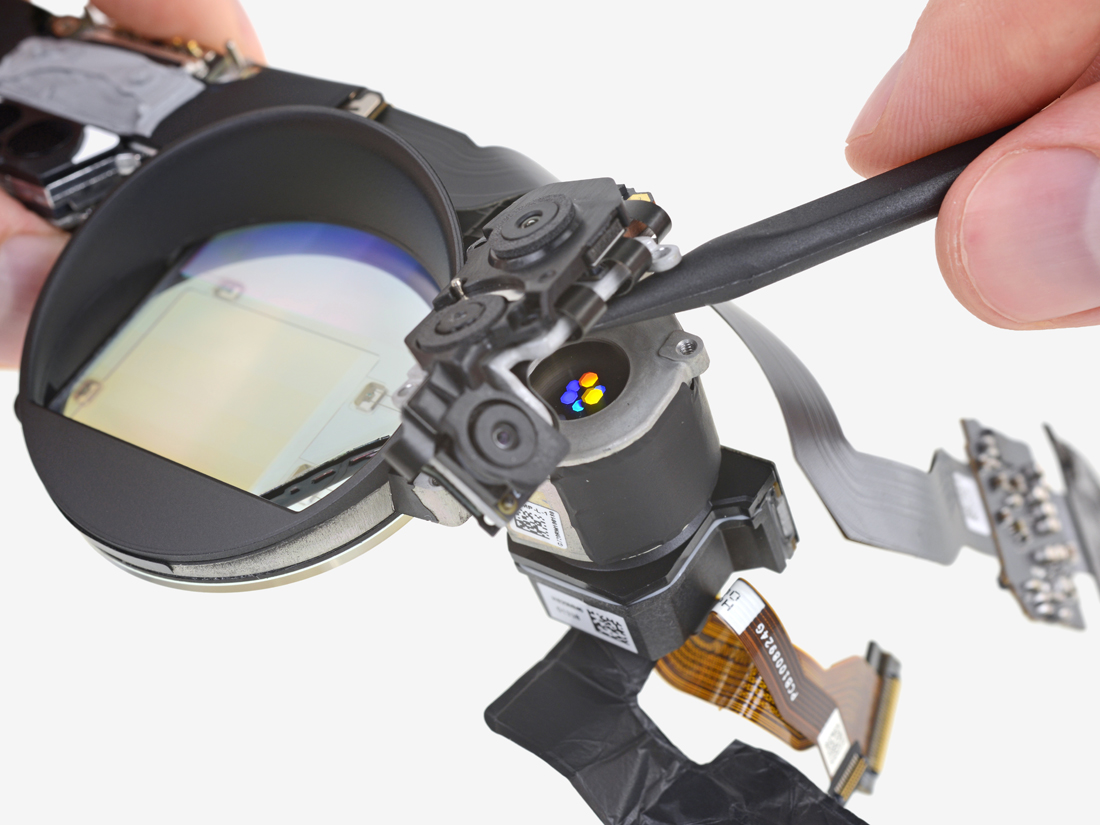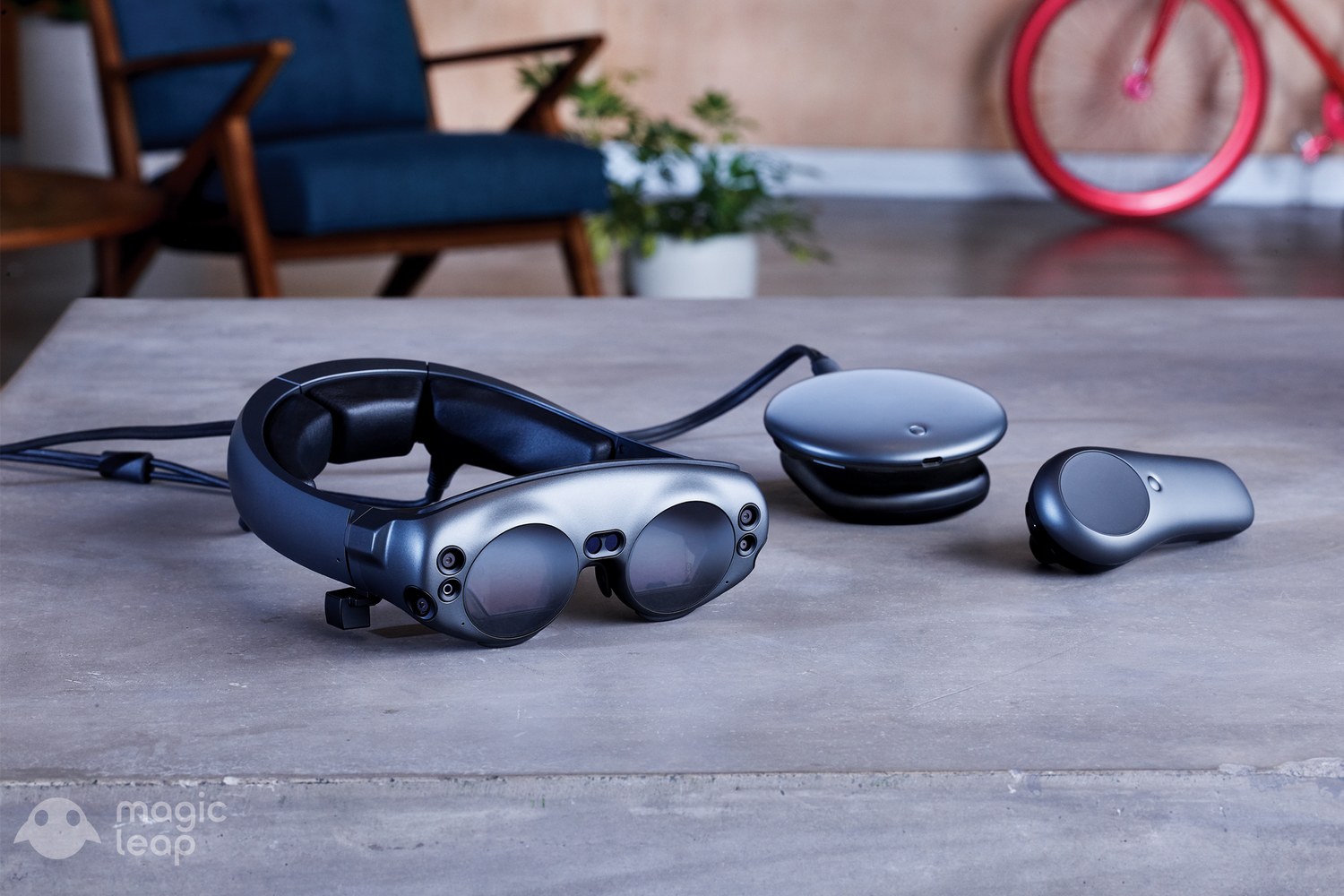The big picture: Palmer Luckey is largely responsible for ushering in the modern virtual reality era and although the Rift doesn't directly compete with the Magic Leap, they do play in the same arena and his opinion as an industry expert does hold some weight.
Magic Leap launched earlier this month as a pricey Creator Edition to mixed reviews. Members of the tech press poked all sorts of holes in the gadget's proverbial armor and a few weeks later, the teardown specialists at iFixit found concerns of their own on the hardware level.
On Monday, another opinion of Magic Leap's first offering hit the web, this time from a rather unconventional source.
Palmer Luckey, founder of Oculus VR and the man largely responsible for the modern VR movement, published a review of the Magic Leap One on his personal blog. As you might have guessed, he didn't have a ton of great things to say about the device.
Unfortunately, their current offering is a tragedy in the classical sense, even more so when you consider how their massive funding and carefully crafted hype sucked all the air out of the room in the AR space. It is less of a functional developer kit and more of a flashy hype vehicle that almost nobody can actually use in a meaningful way, and many of their design decisions seem to be driven by that reality. It does not deliver on almost any of the promises that allowed them to monopolize funding in the AR investment community.
Right out of the gate, Luckey labeled the tracking as bad, noting how the controller is slow to respond, drifts all over the place and is more or less unusable near large steel objects (due to its magnetic tracking technology). He also bashed the controller for not having a clickable trackpad and being too heavy.
Luckey had high praise for Magic Leap's Lightpack, the puck-like device that houses most of Magic Leap's processing hardware. It would have been nice if the battery was user-replaceable, he notes, but in reality, most people aren't going to use the device in long enough stints for that to matter (it offers up to three hours of use on a full charge).

(Image courtesy iFixit)
The praise is short-lived, however, as Luckey isn't all that impressed with Magic Leap's "Photonic Lightfield Chips." This advanced technology, he says, is little more than "waveguides paired with reflective sequential-color LCOS displays and LED illumination, the same technology everyone else has been using for years, including Microsoft in their last-gen HoloLens." As a bi-focal display, he adds, it only solves vergence-accommodation conflict at two depths. "Mismatch occurs at all other depths. In much the same way, a broken clock displays the correct time twice a day."
Luckey also takes issue with Magic Leap's claim of having built a whole new operating system called LuminOS to take advantage of their spatial computing system. In actuality, he says, it's little more than Android with a custom overlay and compares it to an Android Wear watch menu that floats in front of the user. "It is some of the worst parts of phone UI slammed into some of the most gimmicky parts of VR UI, and I hope developers create better stuff in the near future."

According to Luckey's estimates (based on how Magic Leap's order system worked before the company changed it following a tweet from him), total sales at this point are probably well under 3,000 units. Luckey said he knows of over 100 people that purchased the headset and almost none are AR developers. Instead, they're mostly tech executives, early adopters or influencers - all of which have no plans to build AR apps for the platform.
In conclusion, Luckey said the Magic Leap One is reasonably solid but nowhere close to what they had hyped up and has several flaws that prevent it from becoming a broadly useful tool for AR app development. It's better than Microsoft's HoloLens in some ways, slightly worse in others and is generally a small step past what was considered state of the art three years ago.

It would be remiss of me not to touch on Luckey's potential bias. He's the face behind the Oculus Rift and Oculus VR, the tech and company Facebook scooped up for $3 billion (not the $2 billion that was initially reported) in early 2014. Luckey worked on the project under Facebook's banner for a few years but parted ways with the social media giant in March 2017.
While Luckey's shortcomings with the Magic Leap One may very well be valid, some will no doubt feel as if he is carrying some pent-up resentment. The Oculus Rift was his baby and although they aren't really the same (AR / VR / mixed reality), Magic Leap undoubtedly stole much of the thunder in the space over the past several years.
